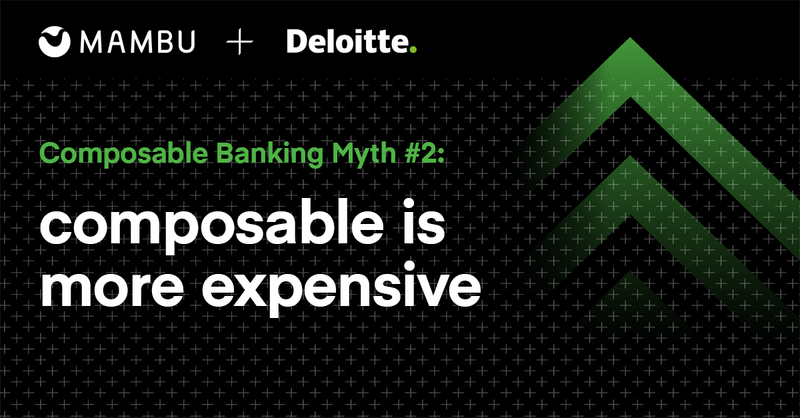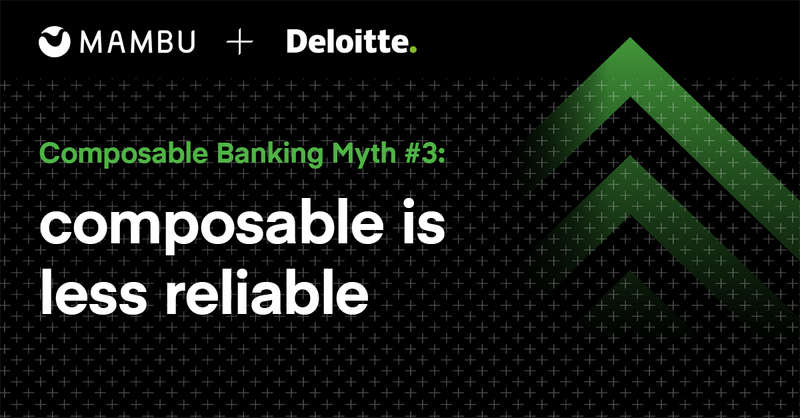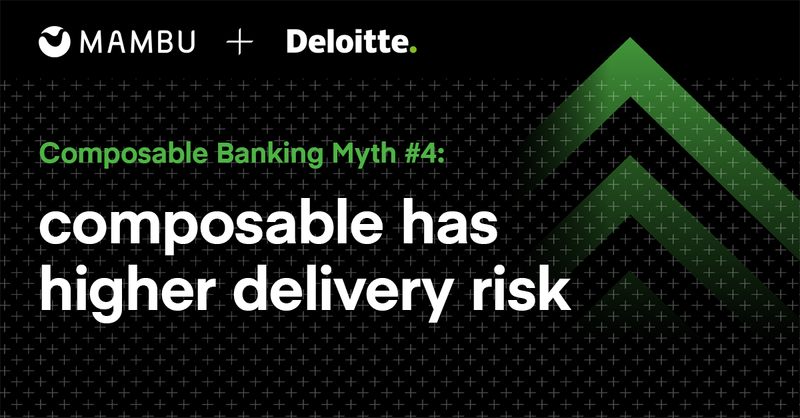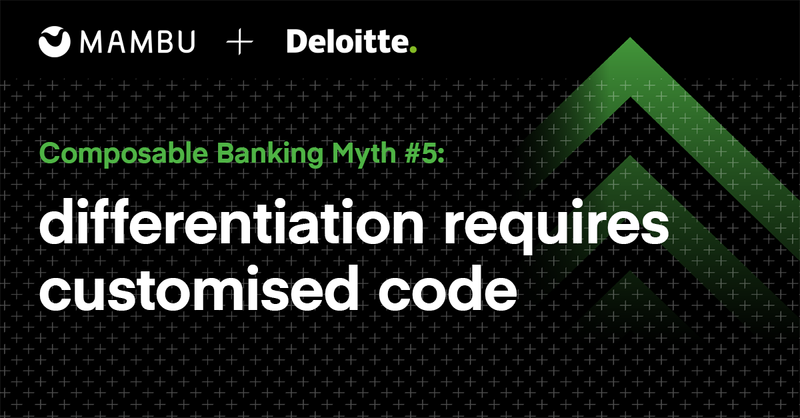Myth debunked
Let’s face it: composable banking is the future. One stop shop is the past.
As solutions become smarter and faster, no single vendor can innovate at pace on every front. Single-vendor solutions generally mean organisations are locked-in to one solution, making it harder to mitigate obstacles when they arise.
In addition, one-stop-shop vendors are perceived to be safer, due to being a single point of accountability. The truth is that a single vendor experience can still exist with composable architecture, by working with consultancy partners who can front the projects.
In fact, in today’s ever-changing financial landscape, the benefits of composable – from architecture, to implementation and ongoing updates – offer financial institutions an agile solution, which makes it easier to meet new challenges.
Whether it’s navigating through the in-country payment regulation landscape, or getting ahead of emerging fintechs: no single vendor can provide best of breed components to effectively meet the needs of today’s world.
Fractional, incremental transformation increases speed-to-market
Gone are the days where innovation requires teams spending time on developing complex, bespoke code.
Instead, a low-code/no-code composable banking platform, like Mambu, significantly improves go-to-market time for customers: with 95% introducing new products before traditional competitors and reducing implementation time from an industry average of 100 weeks to just six to 12. A great example of this is Western Union, who launched two digital banks with Deloitte and Mambu in less than a year – an incredible feat.
Fractional and more incremental change reduces the transformation risk and provides organisations with real-time ROI.
The future is composability in the cloud
Composable technology in the cloud delivers an evergreen ecosystem that can easily evolve to match the business needs of the future. The ecosystem prevents the problems of the past being re-created in the cloud. This unlocks a new world for financial institutions - where there is no build up of technical debt or vendor lock-in that limits strategic decisions.
In short, composable banking offers solutions which can be easily configured and integrated to existing systems – giving financial institutions the flexibility to evolve as rapidly as they need, with these key benefits:
- A reduction in go-to-market costs
- Increased efficiency and scalability options
- A long-term sustainable solution
To find out more about composable banking and hear the views of leaders from Deloitte and Mambu, watch our Composable Banking FAQs webinar, where we dispel some of the myths around composable banking and answer the most frequently asked questions.
Watch on demand




